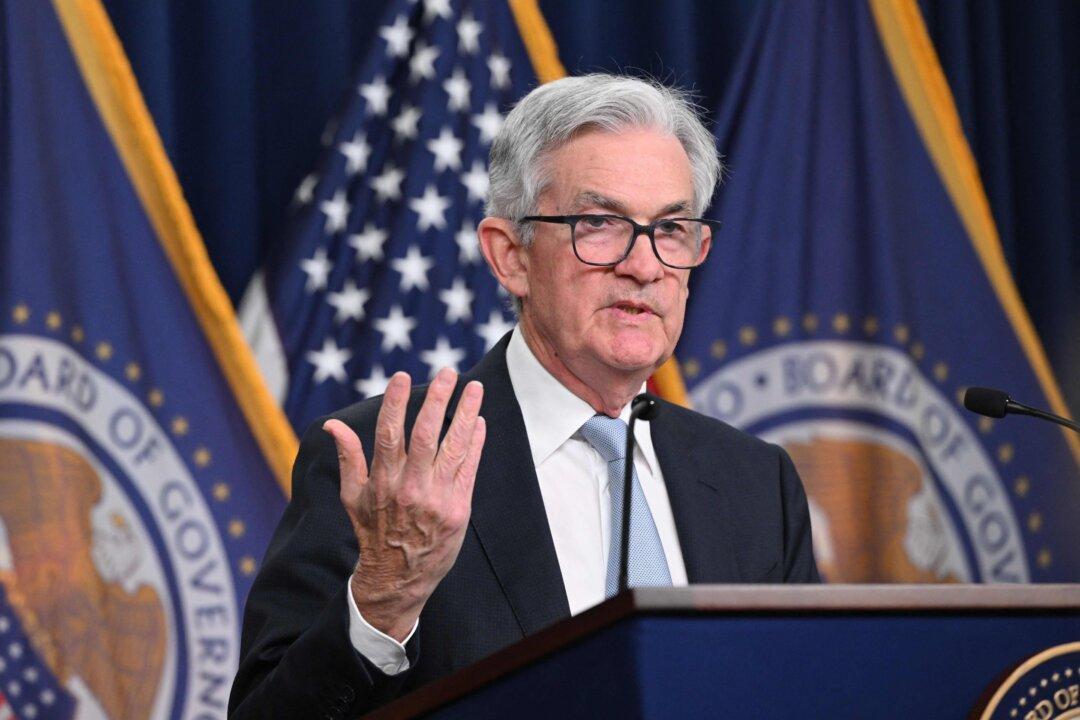Three top housing groups call on Federal Reserve Chair Jerome Powell to stop increasing interest rates as the industry struggles with “a historic shortage of attainable housing.”
In a letter dated Oct. 9, the Mortgage Bankers Association, the National Association of Realtors, and the National Association of Home Builders expressed “a profound concern” with the central bank that “that ongoing market uncertainty about the Fed’s rate path is contributing to recent interest rate hikes and volatility.”




